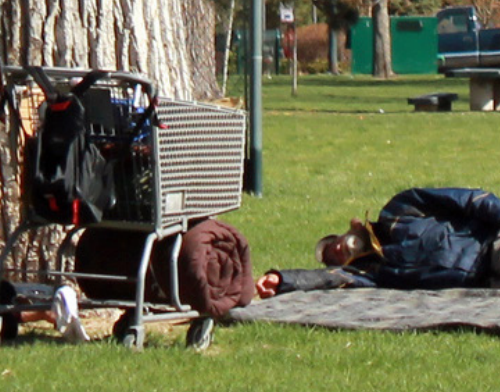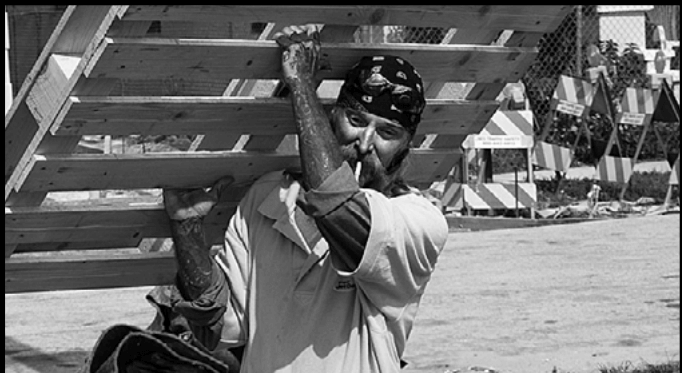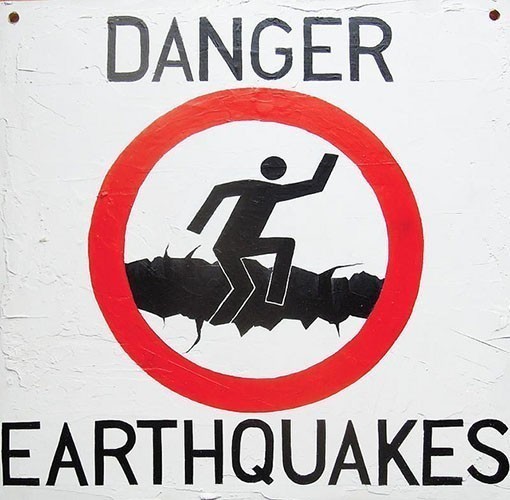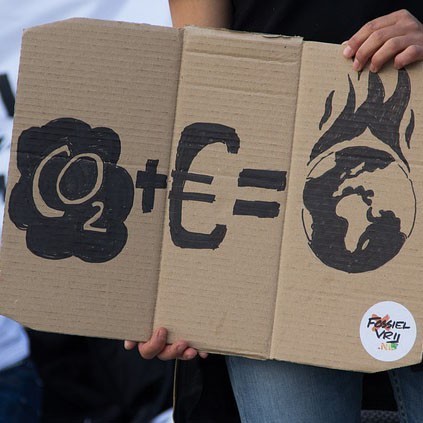The Talk's Been Talked
Leaders Must Now Put Action Behind the COP21's Diplomatic Advances
By Elke Weesjes Sabella
As the 2015 UN Climate Summit in Paris (COP21) drew to a close on December 12, delegates from 44 low-lying coastal and island countries began to sing Bob Marley’s famous refrain “Everything’s gonna be alright.” That might seem quite optimistic considering that the COP21 agreement has been widely criticized as inadequate and scientists have warned that the pact won’t avoid dangerous climate change. Still, for participating countries—especially those most at risk from climate change—the agreement marks a diplomatic victory if not a scientific one.
The opposing views stem from expectations nations had going into the conference, wrote ethics professor Clive Hamilton in The Conversation. The COP21 agreement might not be as effective or binding as some might like, but the pact between the 195 countries is likely the best that could have been hoped for, Hamilton argued.
Read More...







